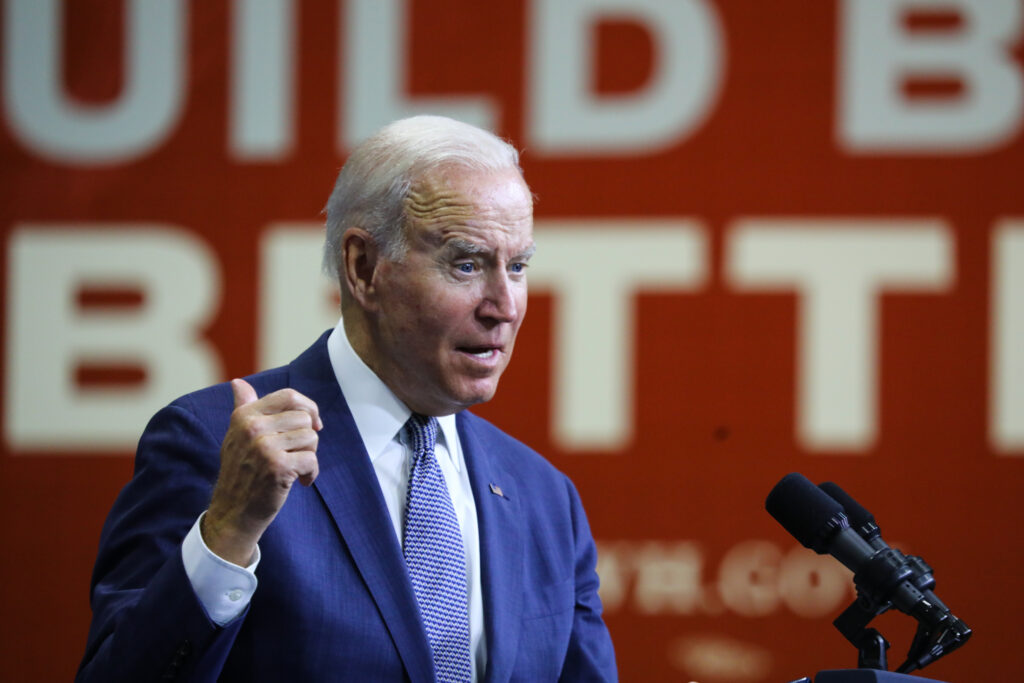Regulatory reform efforts by President Donald Trump’s administration are slowing the pace of new rulemaking and rolling back unnecessary regulations imposed by previous presidents.
The February 20, 2018 edition of the Federal Register, a daily publication issued by the National Archives and Records Administration documenting all proposed and finalized federal agency regulations and public notices, contained five new rules. At the end of the Obama administration, the February 19, 2016 edition documented 12 new rules.
Trump issued a presidential memorandum in January 2017 freezing new federal regulations and adding additional scrutiny for regulations then undergoing public review. Trump also called for the elimination of two old regulations for every new one imposed.
Since Trump signed the memorandum, roughly 22 old regulations have been removed from the books for every new rule added by federal agencies.
Expects Additional Relief
Thomas Hemphill, a professor of strategy, innovation, and public policy at University of Michigan–Flint and a policy advisor for The Heartland Institute, which publishes Budget & Tax News, says he expects the Trump administration to build on its deregulatory success.
“First, not only was the two-to-one regulatory mandate met in Fiscal Year 2017, the administration calculated that the ratio was actually a 22-to-one ratio of deregulatory actions for every new regulatory action,” Hemphill said. “Given this 22-to-one ratio, I believe that the ‘better than two-to-one’ ratio, or three final deregulatory actions for every one new regulatory action in Fiscal Year 2018, should not be much of a challenge for the administration.”
Promises Kept
Akash Chougule, director of policy at Americans for Prosperity, says Trump has delivered on his campaign promise to undo his predecessor’s unusually large amount of new regulations.
“One of the most important priorities of the Trump administration was rolling back this ‘regulatory avalanche’ of the Obama administration to the greatest extent possible, and they’ve really taken that to heart,” Chougule said. “They’ve not only rolled back Environmental Protection Agency and energy regulations, they’ve done so with regard to technology, the Federal Communications Commission, the National Labor Relations Board, and others.”
“Across a variety of issues, they’ve increased freedom and reduced the burden of government on the American people,” Chougule said.
Expects Economic Growth Effect
Hemphill says Trump’s regulatory relief, combined with the December 2017 Tax Cuts and Jobs Act, will help make the U.S. an economic powerhouse.
“Over time, this effort to amend and eliminate regulations that are ineffective, duplicative, and obsolete will continue to reduce regulatory costs of companies doing business in the U.S.,” Hemphill said. “Moreover, in conjunction with reductions in corporate and individual tax rates, these initiatives will make the U.S. a destination for domestic and foreign direct investment and release greater disposable income to American consumers to help fuel the U.S. economy.”
Calls for REINS
Chougule says removing unnecessary rules is a good start, and the next step is for Congress to pass the Regulations from the Executive in Need of Scrutiny (REINS) Act to solidify those gains.
“Making regulatory reform permanent is the biggest remaining necessity and biggest remaining opportunity to not only remove unnecessary regulations but to reform the system by which regulations can be put in place,” Chougule said. “One of our preferred methods of doing so, adding a level of accountability nonexistent today in Washington, is what’s called the REINS Act.
“If enacted, any major regulation having an impact of more than $100 million would need to be approved by Congress in order to go in place,” Chougule said. “Right now, faceless, detached bureaucrats in Washington are able to set down rules and regulations having a major impact on Americans without their having a say in regulations.”




